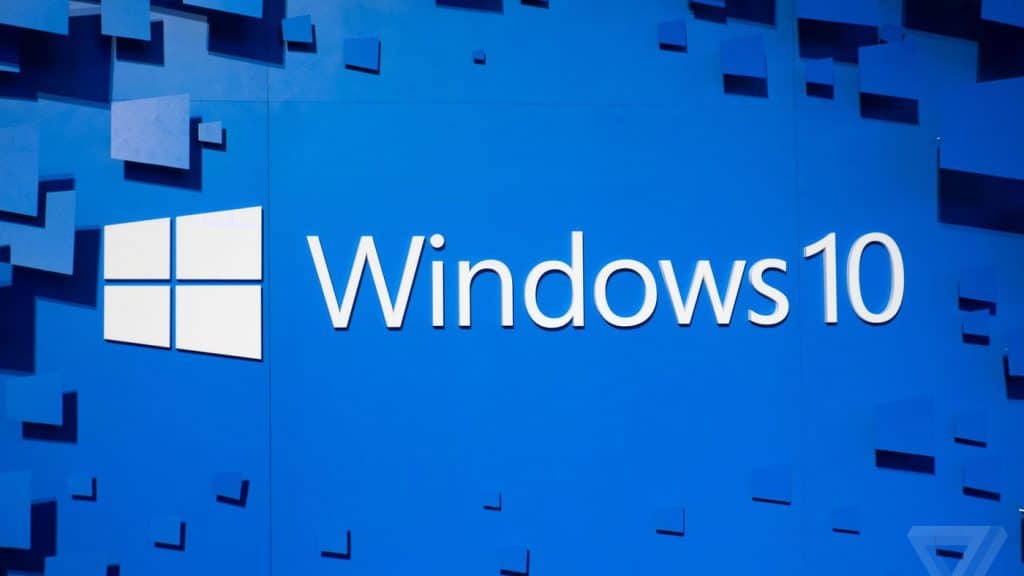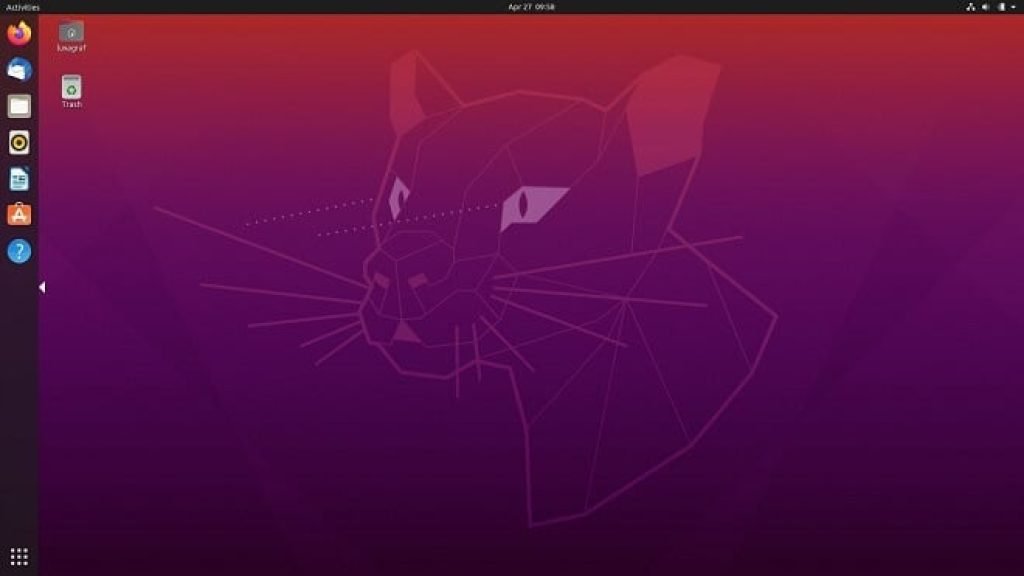What are the Best Operating Systems for Gaming?
Welcome to our in-depth guide on the “Best Operating Systems for Gaming”! In the dynamic and constantly evolving realm of gaming, choosing the perfect operating system can drastically impact your overall experience.
A well-suited OS can not only boost your gaming performance but also grant access to a broad spectrum of games, peripherals, and other essential resources. With an array of options available, it’s crucial to understand the features, pros, and cons of each operating system to ensure you’re selecting the best one for your gaming needs.
In this comprehensive guide, we will analyze the top operating systems specifically designed or optimized for gaming enthusiasts. We will explore various aspects, such as performance, compatibility, customization options, and support for various gaming platforms.
By delving into the unique features and benefits that each OS offers, we aim to help you make an informed decision for your ultimate gaming rig.
Whether you’re a casual gamer looking for an enjoyable weekend escape or a dedicated e-sports competitor striving for the highest levels of performance, this guide has something for everyone.
So, fasten your seatbelts, grab your controllers, and put on your gaming headsets, as we embark on this exciting journey to discover the ideal gaming operating systems. Let’s unlock the full potential of your gaming setup and elevate your experience to new heights!
Microsoft Windows 11

Microsoft’s Windows 11, the highly anticipated successor to Windows 10, brings a plethora of new features and improvements, making it an exciting platform for gaming enthusiasts. As a cutting-edge operating system, Windows 11 offers a variety of enhancements that cater to gamers, elevating the gaming experience to new heights.
Improved Performance and Compatibility
Windows 11 boasts enhanced performance and compatibility with a wide range of games and hardware. The new operating system is designed to work seamlessly with both DirectX 12 Ultimate and DirectStorage, offering improved graphics, reduced loading times, and better overall performance. These features ensure that gamers can enjoy a smooth and immersive gaming experience on their Windows 11 PCs.
Auto HDR and Gaming Mode
Windows 11 introduces Auto HDR, a feature that automatically upgrades the visuals of supported games with High Dynamic Range (HDR) technology. This results in richer colors, deeper contrasts, and more vibrant visuals, greatly enhancing the gaming experience. Additionally, Windows 11 comes with an improved Gaming Mode, which optimizes system resources for gaming, ensuring maximum performance and minimal interruptions.
Integration with Xbox Game Pass and xCloud
Windows 11 further strengthens its gaming credentials by integrating Xbox Game Pass and xCloud directly into the operating system. Xbox Game Pass allows users to access a vast library of games with a monthly subscription, while xCloud enables cloud gaming, allowing players to stream games to their Windows 11 devices without the need for powerful hardware. This combination provides gamers with unparalleled choice and flexibility when it comes to gaming on Windows 11.
Redesigned Microsoft Store and Game Bar
The Microsoft Store in Windows 11 has been redesigned to offer a more user-friendly and intuitive experience, making it easier for gamers to discover and download their favorite games. The updated Game Bar provides quick access to essential gaming features, such as screen recording, performance monitoring, and social integration, all within a sleek and accessible interface.
Also Read: Gaming on Windows 11
Microsoft Windows 10

Microsoft Windows dominates the market as the most popular and widely used operating system. With the release of Windows 3.0 in 1990, Microsoft revolutionized the user interface, making it more accessible and straightforward, a philosophy they’ve maintained ever since.
This simplified interface allowed a broader audience to use computers without extensive technical knowledge, bringing them closer to mainstream adoption. The PC gaming scene truly blossomed with the release of the highly regarded Windows XP, despite several iterations of the operating system that came before.
Some successors, such as Windows Vista, were less successful, while others received widespread praise. This cycle continued until the 2015 release of Windows 10.
Windows 10 stands as the most advanced and reliable version of Windows to date. Microsoft continues to enhance and refine Windows 10 through numerous free updates, solidifying its position as one of the best and most cost-effective operating systems available.
Also Read: Windows 10 Home vs Pro for Gaming
Ubuntu

Ubuntu, a popular Linux-based operating system, has been gaining traction in the gaming community in recent years. While traditionally overshadowed by Windows, Ubuntu has made significant strides in becoming a viable platform for gamers. Offering an open-source, customizable, and free alternative to proprietary operating systems, Ubuntu presents unique advantages for gaming enthusiasts.
Steam and Proton Integration
One of the key factors contributing to Ubuntu’s growing gaming potential is the integration of Steam, the leading digital distribution platform for PC gaming. Valve, the company behind Steam, has developed Proton, a compatibility layer that allows Windows games to run on Linux-based systems like Ubuntu. This collaboration has expanded the number of games available to Ubuntu users, making the platform more attractive to gamers.
Performance and Stability
Ubuntu is known for its stability and efficient resource management, which can result in improved gaming performance. As an open-source operating system, Ubuntu allows users to tailor their system settings to optimize gaming performance further. This customization, combined with Ubuntu’s inherently efficient nature, can lead to a smoother and more responsive gaming experience for some users.
Lower Hardware Requirements
Ubuntu’s lightweight nature and lower hardware requirements make it an attractive option for gamers with older or less powerful hardware. By utilizing fewer system resources, Ubuntu can provide a satisfactory gaming experience on machines that may struggle to run games on Windows.
Community Support and Open-Source Nature
Ubuntu benefits from a strong, active community that contributes to its development and offers support to users. This community-driven approach often results in rapid problem-solving and the availability of a wide array of open-source gaming tools and applications. Gamers who enjoy tinkering and customizing their systems may find Ubuntu’s open-source nature particularly appealing.
Challenges and Limitations
While Ubuntu has made significant progress in becoming a gaming platform, it still faces some challenges. Game selection, although growing, remains limited compared to Windows. Additionally, some popular gaming platforms, like EA’s Origin and Blizzard’s Battle.net, do not offer native support for Ubuntu, further limiting game availability.
In conclusion, Ubuntu is emerging as a noteworthy contender for gaming, with its increasing compatibility, performance, and customization options. While still facing some limitations in game selection and platform support, Ubuntu presents a compelling option for gamers seeking an open-source and flexible alternative to proprietary operating systems.
MAC OS

Mac OS, the second most popular operating system, has evolved significantly since its inception in 1984. The 2001 release brought about the modern version we know today, exclusively featured on Apple’s iMac and MacBook computers.
Apple is known for its tight control over its technology, which has both advantages and disadvantages. The operating system is meticulously optimized for Apple hardware, resulting in remarkable efficiency.
Mac OS boasts unparalleled security and user-friendliness, rivaling that of Windows. However, Apple computers often fall short in terms of raw power when compared to their competitors.
Despite the excellent software and flawless optimization, hardware limitations hinder gaming performance on Apple computers. This is a primary reason why users often express dissatisfaction when comparing the specifications and prices of Apple devices.
Determining the Best Operating System for Gaming: A Comprehensive Analysis
Performance
In our quest to determine the best operating system for gaming, we will delve into various aspects of each OS, including their performance, game selection, and compatibility with online gaming platforms.
When it comes to performance, Windows and Linux tend to be quite competitive. While some games may perform better on one OS over the other, there isn’t a clear winner between these two. However, performance may vary across different Linux distributions, with Ubuntu and Steam OS currently leading the pack. In contrast, Windows consistently maintains stable frame rates across its supported versions.
For casual gamers, Windows may be the preferred choice due to its consistency and reliability. While the performance debate between Windows and Linux remains ongoing, there is a consensus that MacOS is the least optimal choice for gaming. This limitation is not due to the operating system itself, but rather the hardware constraints of Apple computers. With limited customization options and compatibility with external GPUs, MacOS may not be the ideal choice for gaming enthusiasts.
Game Selection
Another critical factor in determining the best gaming OS is the available game selection. Windows takes the crown in this category, boasting support for over 20,000 games, significantly surpassing MacOS with 7,000 and Linux with 4,000 games, based on Steam data. This vast game library is a primary reason why Windows is often synonymous with PC gaming.
Online Gaming Platforms
The availability of online gaming platforms on each operating system is another essential factor to consider. Steam, a pioneering game distribution platform, has become an industry giant, and its influence is evident in the decreasing number of pre-built computers featuring optical drives.
Although Steam remains the most popular platform, other publishers have ventured into the market, such as EA’s Origin and Blizzard’s Battle.net. These platforms focus on selling their own games and officially support both Windows and MacOS. Linux users can install these platforms, but performance may be suboptimal.
Microsoft Store, formerly known as Windows Store, is another platform primarily available on Windows, offering not only Microsoft games but also titles from other publishers.
GOG
GOG (Good Old Games) is a unique platform that focuses on selling classic games and a curated selection of newer titles. While available on both Windows and MacOS, GOG is also working towards supporting Linux users.
Also Read: High Refresh Rate Monitor for Gaming
Conclusion
In conclusion, the best operating system for gaming depends on various factors, such as performance, game selection, and online platform compatibility. Windows takes the lead in most categories, making it the top choice for many gamers.
However, Linux offers an alternative for those seeking customization and a growing game library, while MacOS may not be the ideal choice for gaming enthusiasts due to hardware limitations.
